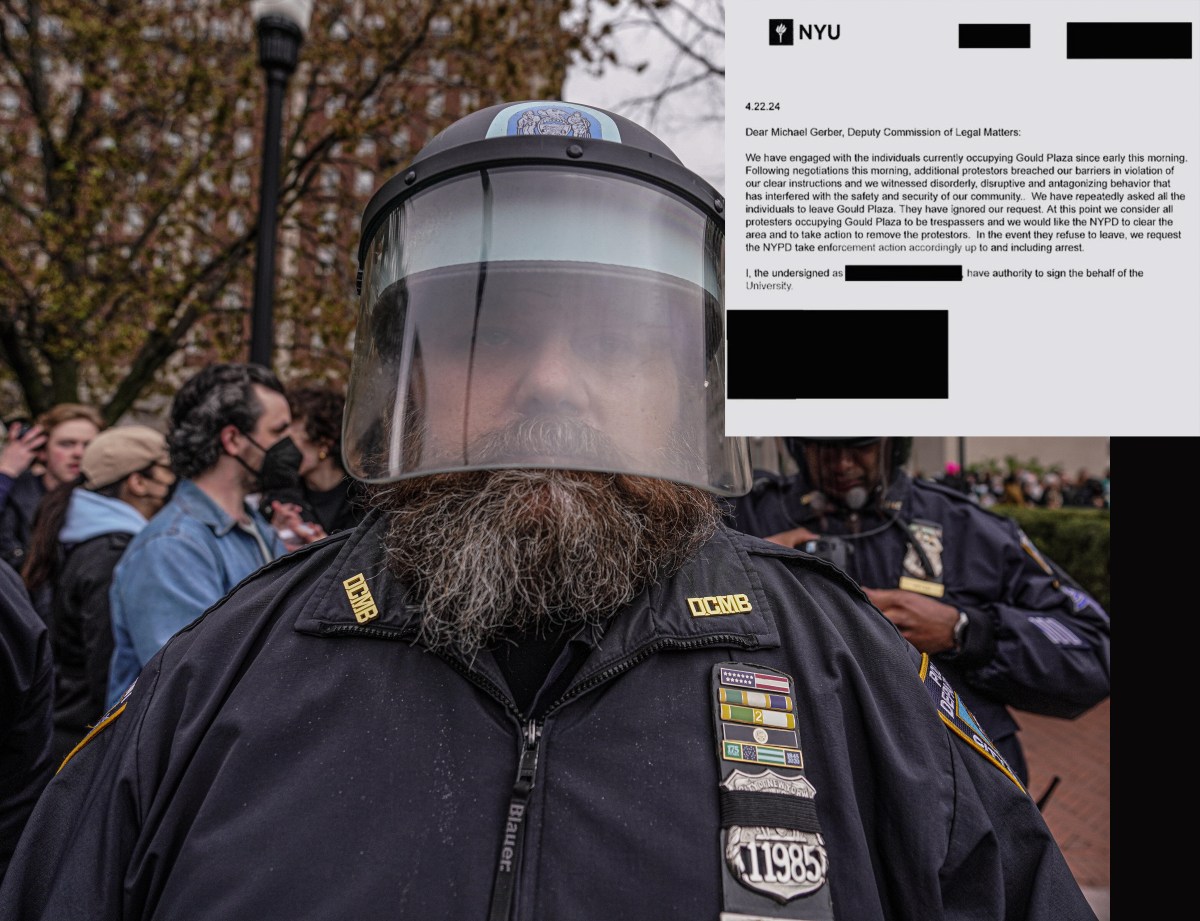When Hugh Hefner walks along the red carpet in front of the Elgin Theatre for the screening of Hugh Hefner: Playboy, Activist and Rebel on Saturday, the founder of the Playboy empire will be accompanied by his posse of long-legged blonde girlfriends by his side.
It should be a show-stopper on the night Canadian filmmaker Brigitte Berman’s documentary about the man who helped spur the sexual liberation movement of the ’60s receives its world premiere.
“In so many quarters, my life is, by nature, misunderstood,” Hefner told Metro on the phone from the Playboy Mansion. “People’s perceptions of me and of Playboy are a Rorschach test, an inkblot test. A projection of other peoples’ fantasies and prejudices, depending on who you are and how you feel about yourself. Your own prejudices.”
Hefner allowed Berman to study 4,000 personal scrapbooks dating back to his childhood. They’ve known each other since 1985 but such access would seem to lay Hefner, well, naked.
“Haha. Naked is what I’m all about,” he said. “My life is an open book with illustrations, and it started when I was a young journalist. I started recording my life in cartoon and scrapbooks, right up to the present day. I’d be looking through them and Brigitte was there, researching, deeply into it. I am proud of her and she is a wonderful lady.
“There were a couple of moments in the film that brought me to tears. I’ve seen it in rough cuts many times but that last time Brigitte and I watched it together, I was moved to tears, seeing what we managed to create.”
The documentary chronicles the shocking affect his libertarian magazine had on the culture when he launched it in 1953. At that time, only “smut” magazines showed naked women, but he displayed them proudly alongside articles written by the leading authors and thinkers of the day. He’s drawn fire ever since.
Hefner says he was never troubled by the death threats or slams from powerful “enemies” as seen in the film. He’s blessed with confidence and a sense of purpose.
“I think that frankly it hasn’t taken a lot of strength,” he said. “I started the magazine because I loved publishing and wanted to create a men’s lifestyle magazine, but in the early ’60s when it was so popular, I just felt I could introduce into it the other half of who I was — my interest in social sexual values and questions of race and war.”
Hefner’s activism in sexual, feminist, and civil rights is the heart of the film. He was arrested and sued but never lost a legal battle. He hired blacklisted writers to write for the magazine under their own names. He promoted the careers of black performers who were not permitted to entertain in certain places.
“I always felt it had to do with the rights of the individual. It’s what I believe in. And it’s one of the reasons the Playboy rabbit symbol is so popular still, especially overseas. It represents personal, political, and economic freedom.”
The final chapter of the documentary looks at Hefner’s present life: the TV reality show The Girls Next Door, which is shot in the Playboy mansion and follows the lives of his various Playmate girlfriends. Hefner says he has enjoyed unexpected benefits from the shows’ success.
“The girls became celebrities and I think that the rest of the world fell in love with them more than they had beforehand with life at the mansion,” he says.
“The average fan base expanded to include women of all ages. Seventy per cent of the audience is female. I’ve had letters from around the world from women who want to be my girlfriends. At least twice a week someone asks. And I’m 83!”
• Hugh Hefner: Playboy, Activist, and Rebel screens Saturday at 2 p.m. at the Elgin Theatre.
















